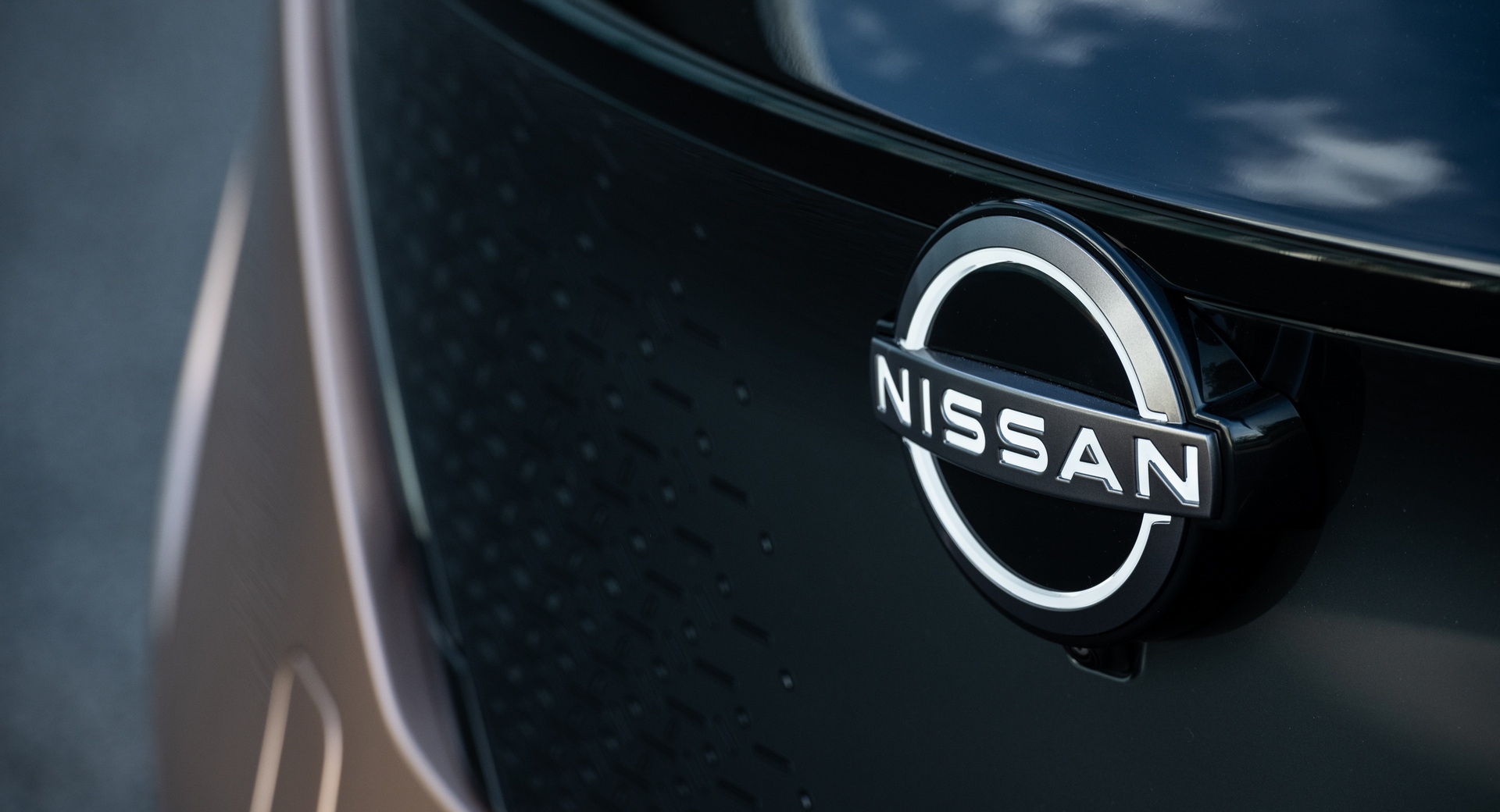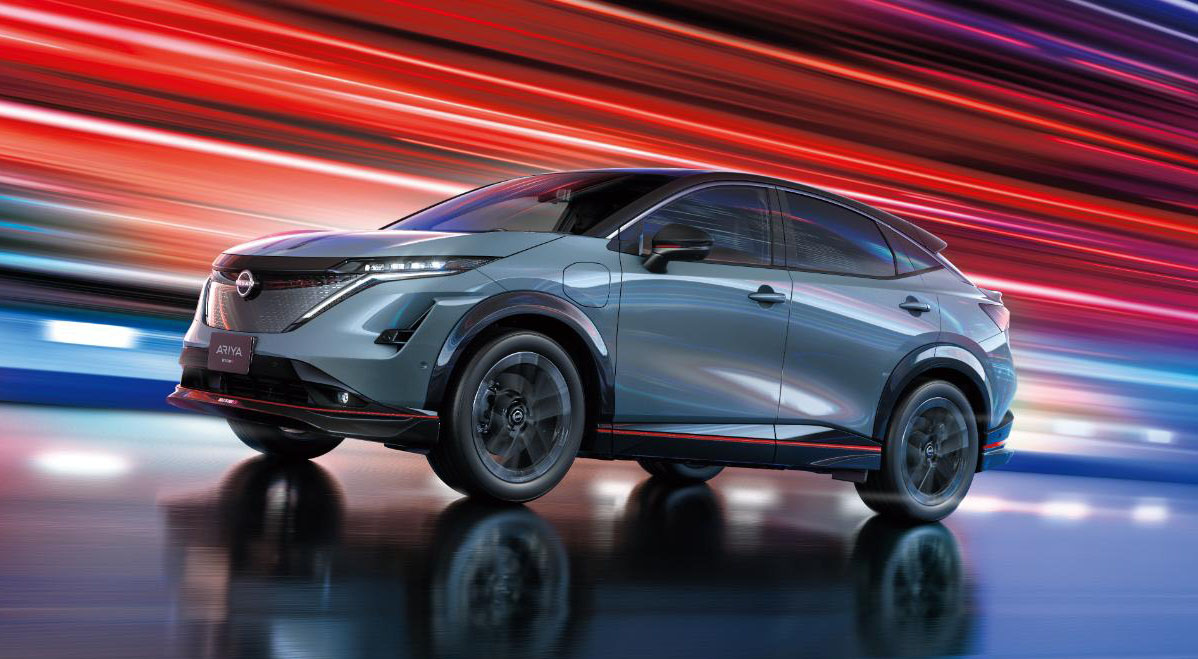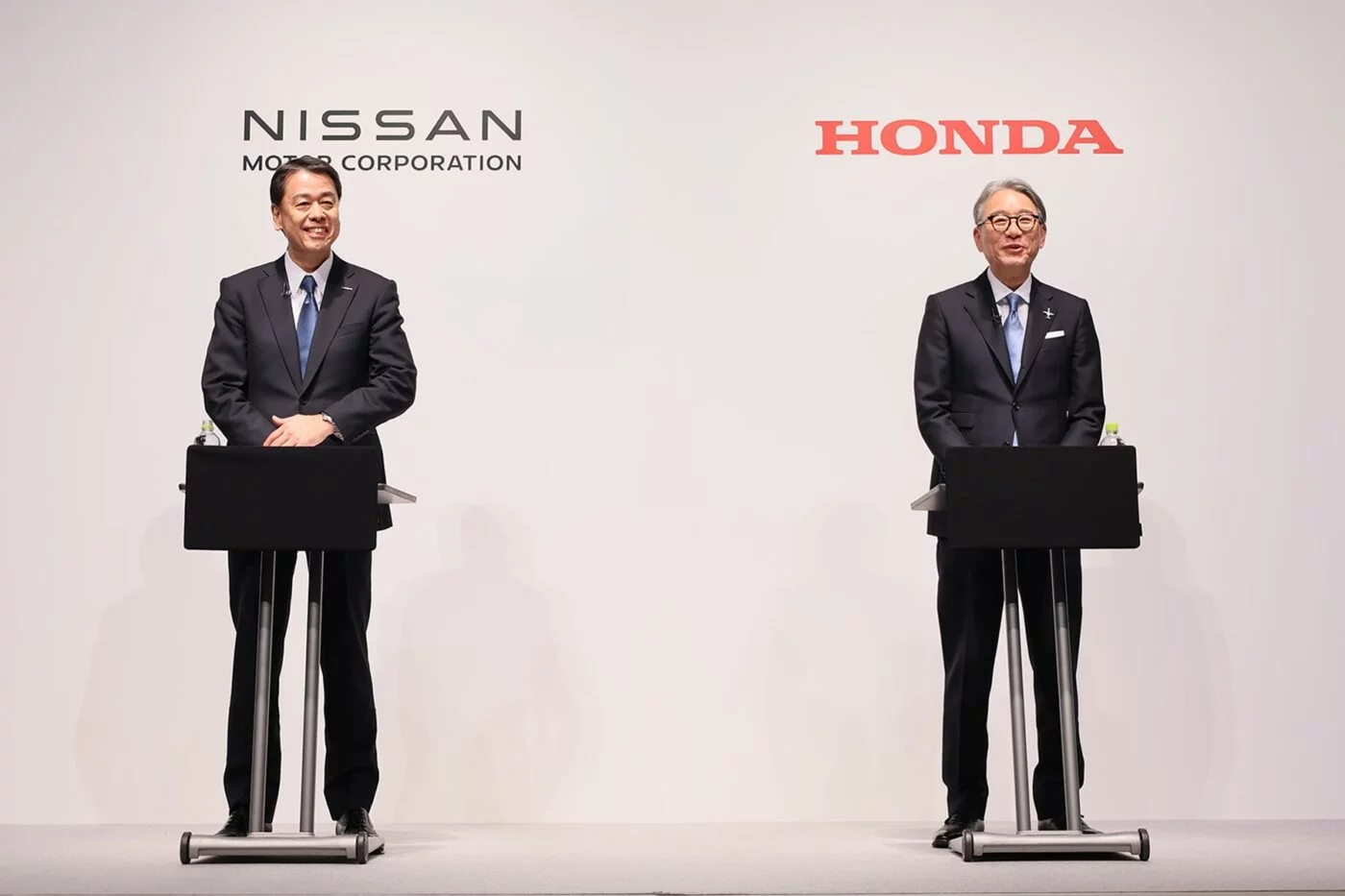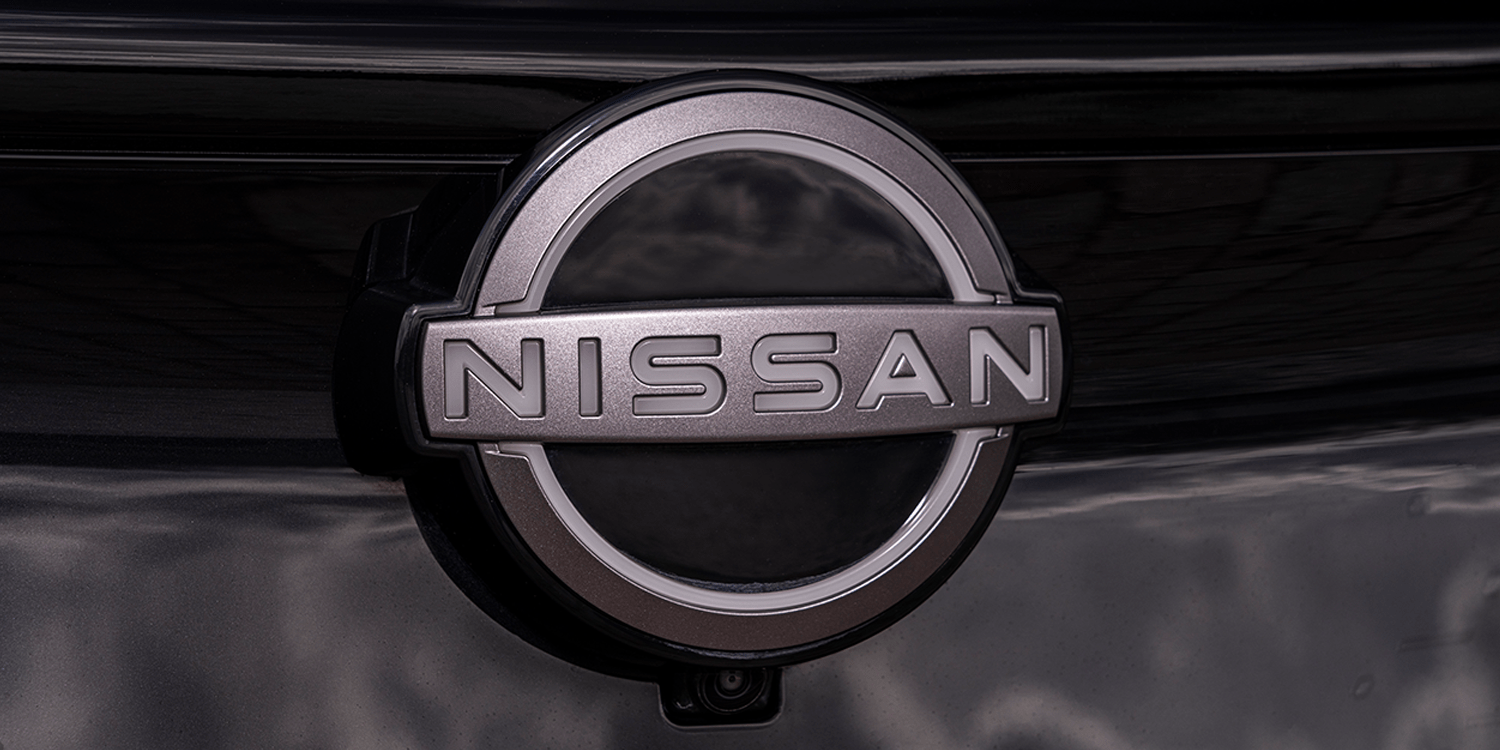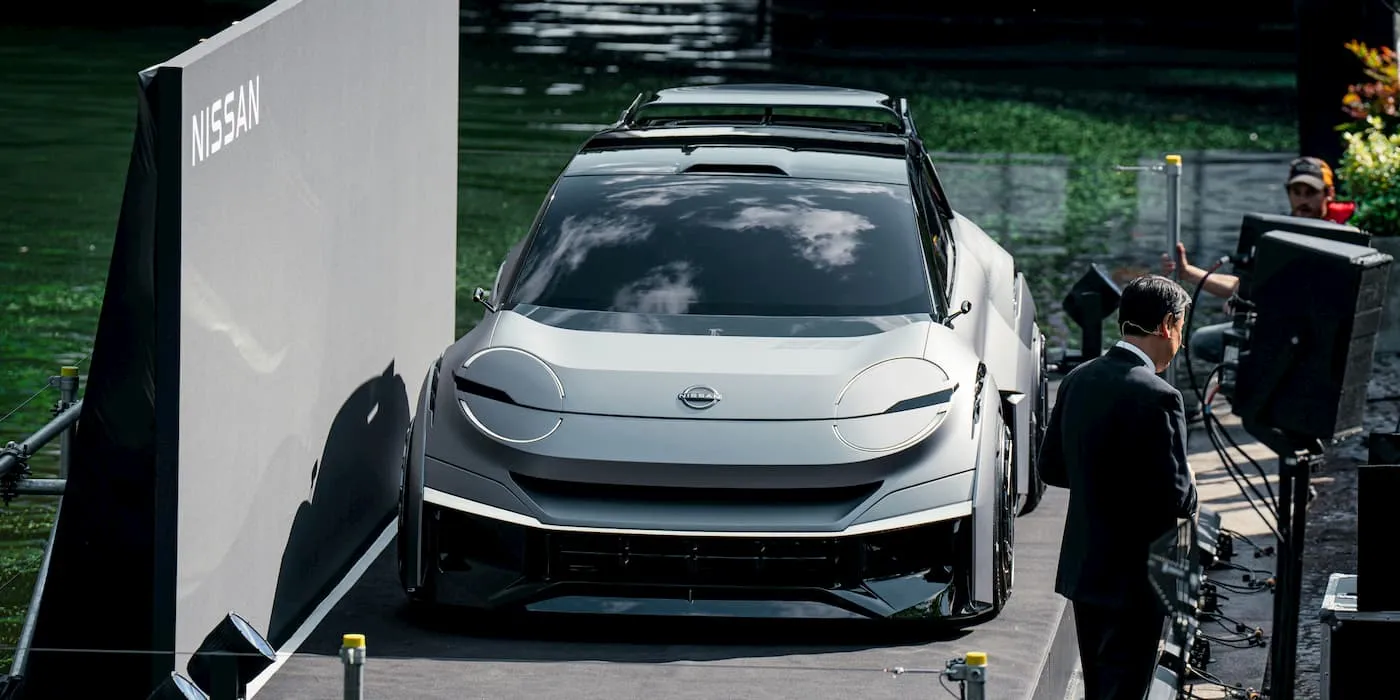Japan’s Nissan Motor is contemplating internalizing production of its ultra-compact electric vehicles (EVs), buoyed by the triumph of its Sakura model currently manufactured by its junior partner Mitsubishi Motors, according to five sources familiar with the matter.
The automaker is weighing the possibility of transferring production to its facility on the southern island of Kyushu in the fiscal year starting April 2028, two of the sources revealed, requesting anonymity due to the sensitive nature of the information.
See also: Nissan Leaf Regains Eligibility for Federal Tax Credit, Starting at $24,400
Nissan’s Sakura emerged as Japan’s top-selling vehicle in the passenger EV market in 2023, commanding a 42% share, as per Reuters’ calculations based on data from auto associations. Since its debut in mid-2022, sales have surged to nearly 64,000 vehicles.
The Sakura’s success shines a positive light on Nissan, whose EV endeavors have been overshadowed by the dominance of U.S. rival Tesla and Chinese leader BYD, both of which have surpassed the Japanese automaker in China, relegating it from the top 10 brands.
See also: Nissan Leaf Owners Upset as Nissan UK Disables Key Features in Early Models
Bringing production in-house would enable Nissan, a pioneer in the EV realm with its Leaf compact car, to enhance its profit margin, which currently lags behind that of domestic counterparts Toyota and Honda.
The Sakura is exclusively marketed in Japan, classified as a “kei car”—compact, boxy vehicles that are smaller and less powerful than conventional cars, primarily tailored for the domestic market.
Currently manufactured at Mitsubishi’s Mizushima plant in western Japan, Nissan intends to continue relying on the facility for the production of its other kei cars, the sources indicated.
See also: Nissan Slashes Prices on 2024 Ariya Electric SUV to Boost Sales
Anticipating a surge in kei EV sales, Nissan aims to leverage the affordability of kei cars compared to regular vehicles, coupled with their size, which renders them suitable for short-distance journeys.
One source noted that by internalizing production of light EVs, Nissan hopes to “enhance production efficiency and curtail costs.”
The planning and development of kei EVs will continue to be managed jointly by Nissan and Mitsubishi through their 50-50 joint venture NMKV, the sources affirmed.
See also: Nissan in Advanced Talks for Partnership and Investment in Fisker
Nissan’s Kyushu plant boasts an annual production capacity of 500,000 vehicles, with the automaker projecting to utilize approximately 80% of this capacity in the current fiscal year, one source disclosed.
To accommodate kei EVs, Nissan plans to reallocate production of its North America-bound Rogue SUV to another area within the site, the source added.

